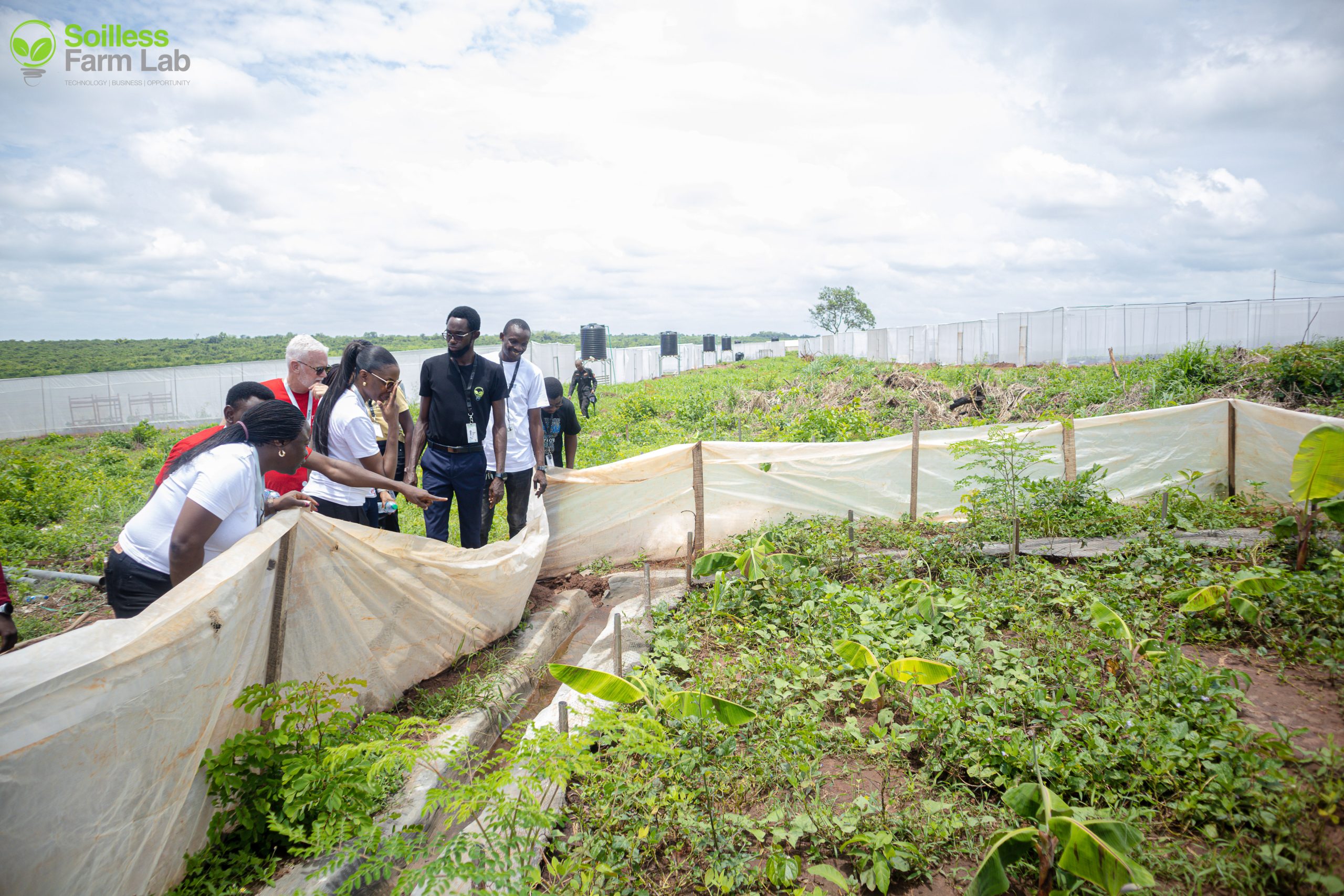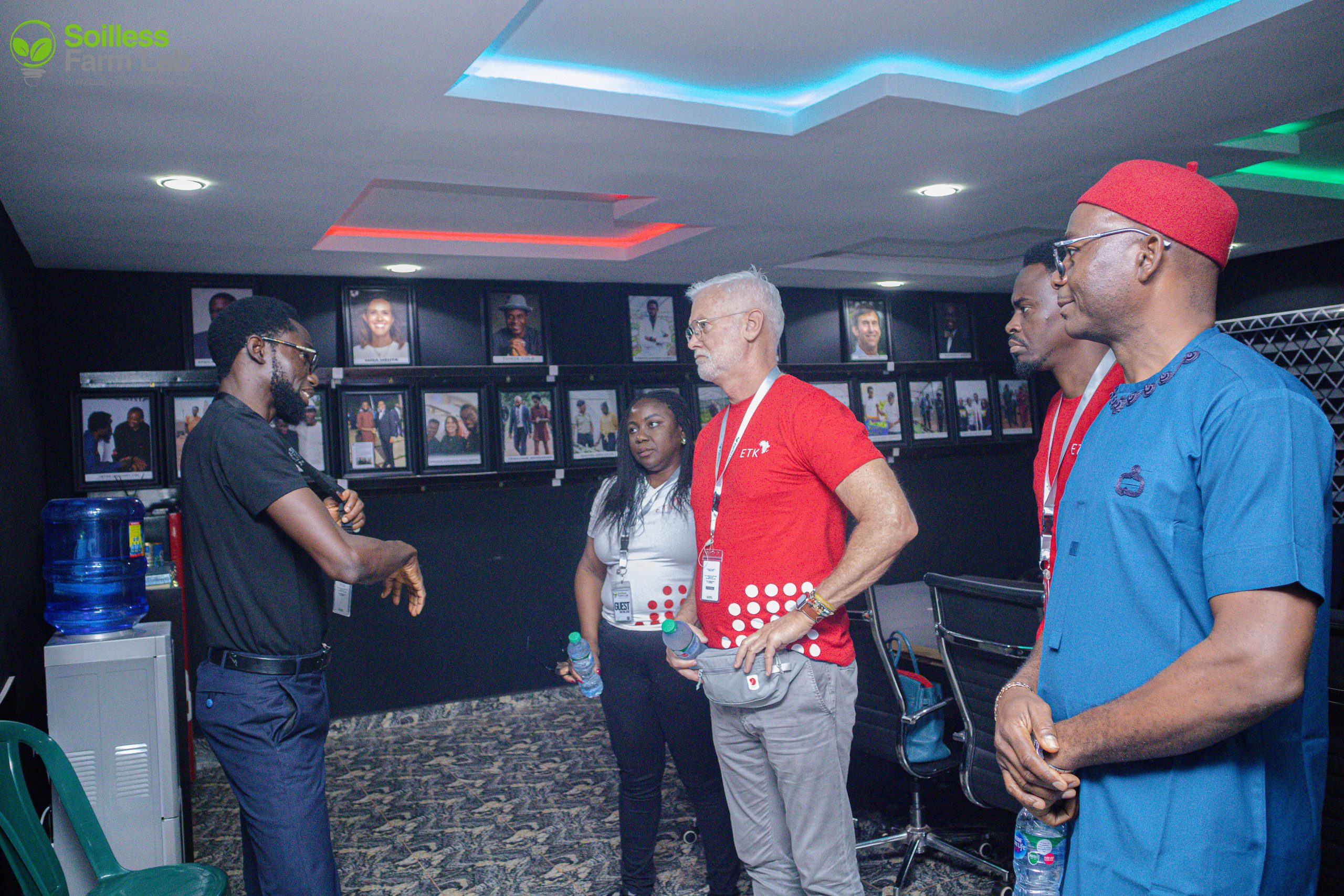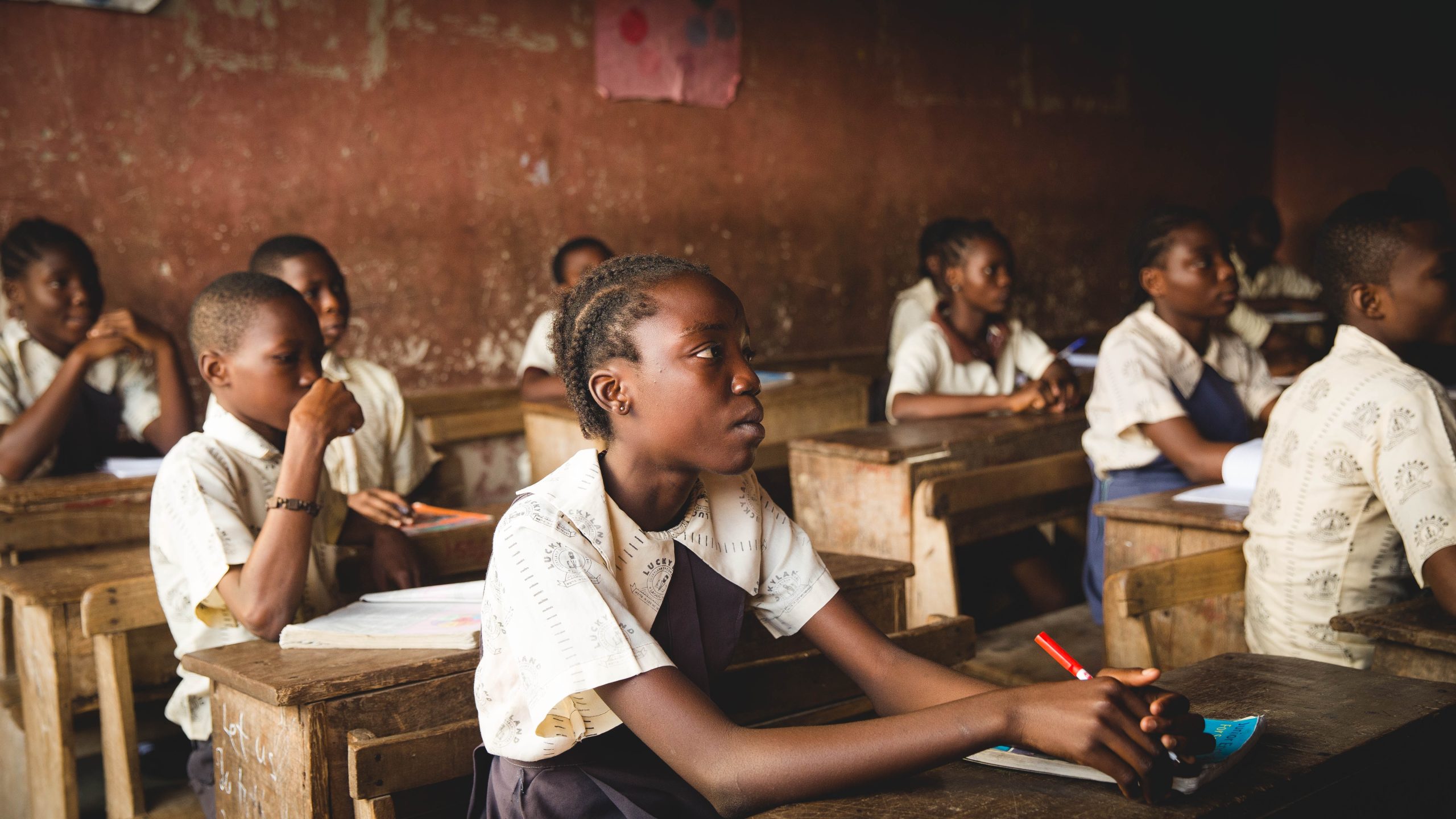As Zimbabweans prepare to cast their votes this Wednesday, the nation stands at a critical crossroads. The upcoming elections promise a tight contest as citizens choose their next president, members of parliament, and councilors. With 11 candidates vying for leadership, the race appears to be a rematch between incumbent President Emmerson Mnangagwa and the main opposition candidate, Nelson Chamisa.
Focus on Policies: A Glimpse into the Economic Landscape
While President Mnangagwa pledges to steer the country towards economic recovery, stimulate investments, bolster infrastructure development, and eradicate corruption, Chamisa promises Zimbabweans a future marked by increased employment opportunities, social justice, and democratic governance.
As the election draws near, let’s delve into the pressing economic challenges that voters fervently hope the next president will address.
Reviving GDP Growth
Presently, Zimbabwe’s GDP stands at $20.68 billion, a mere fraction of the global economy at 0.01 percent, as per the World Bank. The projections foresee a 3.2% growth rebound in 2023 and 2024, with agriculture, mining, and services serving as pivotal sectors. The incoming government faces the pivotal task of amplifying GDP by implementing rigorous monetary and fiscal policies to energize macroeconomic activities.
Recent policy moves, such as local currency-based corporate tax settlements and relaxed foreign exchange controls by the Reserve Bank of Zimbabwe, underscore commendable efforts to control escalating costs. Furthermore, a 10 percentage point rise in the key lending rate and measures to stabilize currency volatility reflect steps in the right direction. However, Zimbabweans yearn for more robust economic stimulation to invigorate growth and alleviate the prevailing economic challenges.
TACKLING PERSISTENT HIGH INFLATION
Zimbabwe grapples with the highest inflation rates in Africa. Although annual consumer inflation eased to 101.3% in July 2023 from a peak of 175.8%, the challenge remains significant. This, according to analysts, was aided by a 53% appreciation of the Zimbabwean currency against the US dollar. The African Development Bank predicted further ease of inflation in Zimbabwe to 36.1% in 2024, supported by economic stability and subject to evolving global dynamics.
The most important categories in Zimbabwe’s Consumer Price Index are: food and non-alcoholic beverages (31%), housing and utilities (28%), and transport (8%), while miscellaneous goods and services account for 7%, followed by furniture, household equipment, and maintenance (5%), and alcoholic beverages and tobacco (5%). Others, such as clothing and footwear, accounted for (4%), education (4%), communication (3%), recreation and culture (2%), and health (1%), while restaurants and hotels accounted for (1%) of the CPI.
The drop in the inflation figure may be good news for the ruling party ahead of the election; however, Zimbabweans would be more than happy to see stimulation of the economy, a reduction in inflation, and real economic growth post-election.
PLUMMETING ZIMBABWE DOLLAR
May witnessed a steep 26% decline in the Zimbabwean dollar, prompting the central bank’s intervention to stabilise the official exchange rate and align it with the parallel market. The current exchange rate stands at 1 ZWD to 1.089790 USD. This crisis underscores the urgency for the incoming administration to address the economic turmoil that prevails.
Transparency-focused reforms, along with efforts to rejuvenate investor confidence and foster economic growth, stand as pressing tasks. By pursuing these objectives, the new government can work towards stabilizing the plummeting Zimbabwean dollar.
ADDRESSING ELEVATED INTEREST RATES,
Monetary policy-driven spikes in interest rates have inflated borrowing costs for Zimbabwean businesses. The high increase in the cost of borrowing, which led to the tightening of corporate credit conditions, increased costs of production, and strained investment in the country, according to the World Bank, is another area of concern for voters. Borrowing costs pushed spending low, leading to a reduction in living standards. Less speeding for households is impacting companies’ revenue and leading to a greater crush on the labour market.
INCREASING COST OF LIVING FOR HOUSEHOLDS
According to the World Bank, Zimbabwe’s extreme poverty situation was exacerbated due to the COVID-19 pandemic and geopolitical events such as the Russia-Ukraine conflict. Stubbornly high inflation continues to exert pressure on the cost of essential goods and services, driving economic instability. The nation’s inflation rate of 101.3% has led to significant increases in food and household item prices, compelling the need for effective economic solutions.
CONFRONTING ECONOMIC CHALLENGES AHEAD
Political analysts and economists have undoubtedly rated the post-Mugabe government as being more fiscally responsible. However, the various reforms by the government to fix the economy of the southern African country have come at a huge cost to the Zimbabweans, as the country’s economy has not overcome difficult times.
The World Bank noted that “trade integration has declined, and foreign direct investment (FDI) remains low, limiting the transfer of new technologies and investment in modernizing the economy”. The incoming president must confront these deep-seated issues head-on to pave the way for economic stability. As Zimbabweans head to the polls, they look to their future leader to forge a path towards sustainable growth, job creation, and a prosperous nation that thrives in the global arena.







